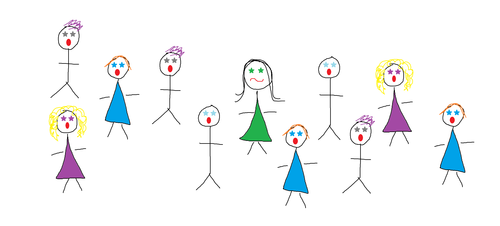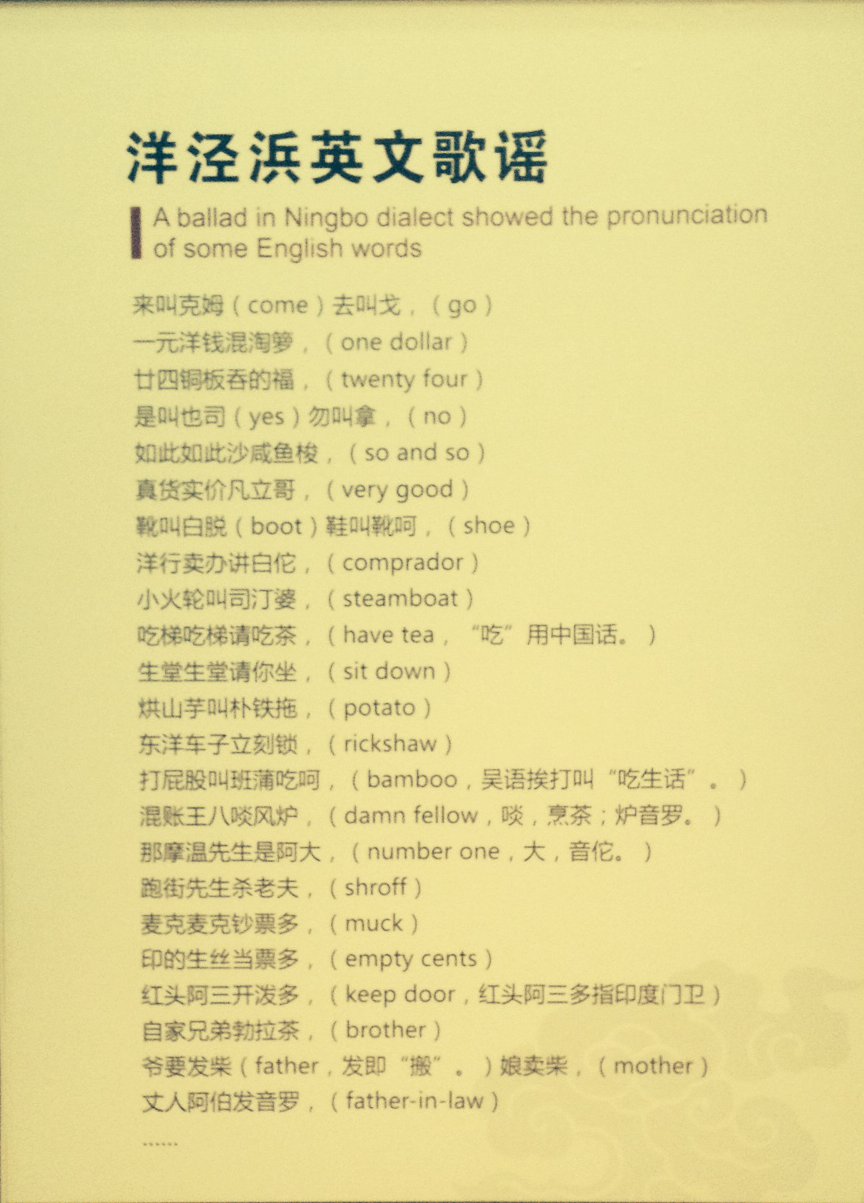The rice is prosperous
Here follows an egregious example of bad machine translation without human intervention to correct or improve it. This is a listing for a book in Chinese on Amazon.
Pinyin as given in the listing: dao sheng he fu de jing ying zhi hui [ fu zeng / xue xi shou ce qi che ban lv ]
Chinese characters as given in the listing: 稻盛和夫 经营智慧 [附赠]学习手册 汽车伴侣 (click on the small image of the cover ["See this image"] to embiggen)
English translation as given in the listing: The rice is prosperous and the management intelligence of the man [present|the study manual car companion ] (this is obviously errant nonsense and of no use to anyone who might want to buy the book)
The listing states that the book is by "unknown (Author)".
Read the rest of this entry »



